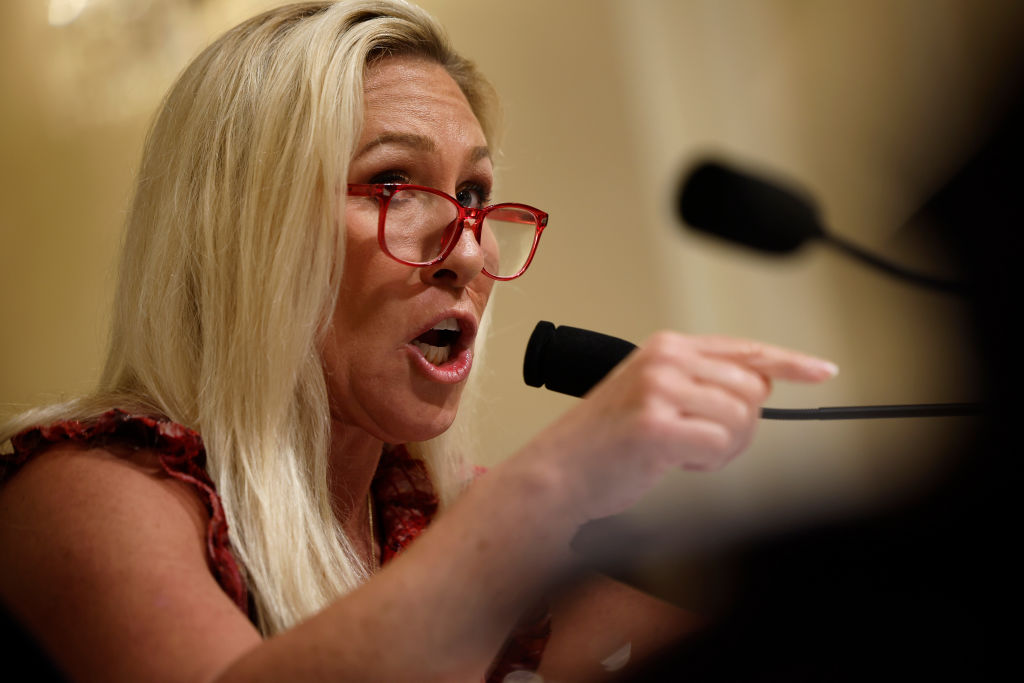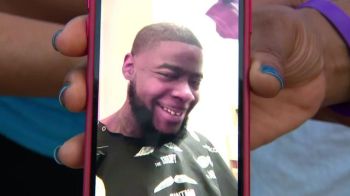“We took a hit.”
Tio Hardiman (pictured), director of CeaseFire Illinois and founder of the Violence Interrupter Initiative, spoke with NewsOne exclusively about Chicago’s outsize crime rate in 2012. He also weighed in on the national spotlight and outpouring of grief upon the news of the mass killings at Sandy Hook Elementary School in Connecticut at a time when urban areas like Chicago are rife with murders.
SEE ALSO: Jay-Z, Beyoncé’s Blue Ivy Has Million-Dollar Suite At Barclays Center
Indeed, Chicago made headlines across the globe, after it ended 2012 with 513 homicides, a 15 percent increase from 448 homicides in 2011, according to RedEye, which tracks crime in Chicago. That year was the first time Chicago crossed that homicide threshold in four years when the city reached 512.
Hardiman’s CeaseFire Illinois sees violence as a disease in the community that needs curing. CeaseFire actively looks to “detect” the violence and then “interrupt” its course by “identifying individuals involved in transmission, and changing social norms of the communities where it occurs.”
CeaseFire purposefully uses former gang members, drug dealers, and convicts to mediate and cure the violence.
“Chicago had the response of Sandy Hook when Derrion Albert was beaten to death outside of Fenger High School in 2009,” Hardiman said. “We had worldwide attention on Chicago. The attention was good, but at the same time what good is the attention when it doesn’t produce results? Will there be changes after Sandy Hook? Will there be changes with sensible gun laws? Will there be changes in violence overall? The verdict is still out.
“Violence has become acceptable in Chicago,” Hardiman continued. “ We have to get that segment of the population to say, ‘Violence should not be acceptable. We’re not giving in to that anymore. It has to stop.’ That’s what we need more so than media attention in our communities.”
Hardiman knows a thing or two about violence. The community organizer was featured in the 2011 documentary “The Interrupters,” which is about violence interrupters on Chicago’s South Side. Amid great fanfare last summer, the Department of Public Health gave his anti-violence group, which is staffed mostly by ex-felons and former gang members, a $1 million grant in an effort to help curb violence.
Watch “The Interrupters” trailer here:
Police Superintendent Garry McCarthy at the time expressed reservations about the group’s work in the districts of North Lawndale on the West Side and Woodlawn on the South Side in December:
In two districts, police also have partnered controversially with CeaseFire Illinois, an anti-violence group that has hired convicted felons, including former gang members, to mediate street conflicts. It’s a work in progress. It hasn’t shown a lot of success yet.
Hardiman, who says CeaseFire has worked with the Chicago Police Department over the last 12 years, agrees with McCarthy in that it’s too soon for there to be a track record of success:
“We’ve been up and running with new programs in the Woodlawn and North Lawndale communities since late September,” he says. “They’ve only been up and running for about a good three months, but we’re pretty much breaking even in both of those communities. But I see a lot of room for improvement as we keep moving forward. Right now I have nothing but positive things to say.”
But overall, he says everyone has to take responsibility for the city’s more than 500 homicides, “It’s not just the police department or the city and people living in the tough neighborhoods,” he says. “We all have to band together to help reduce this crime out here.”
CeaseFire’s goal for 2013 is to work harder to resolve conflicts at the front end so no harm comes to anyone. In 2012, outreach workers worked with 1,123 high-risk individuals more than 20,000 hours, he told NewsOne. The group also mediated 745 conflicts, he says.
“We look to strategize and collaborate with anybody interested in changing this culture of violence in Chicago,” he says. “Even the police have stated you cannot arrest your way out of this problem. You have to change the way people think about violence. It’s learned and passed down from generation to generation.”
Hardiman says he is not one to duck and hide from problems. He, too, would like to see a better crime rate.
“One thing about it is when things are going well, people love to talk all the time,” he says. “But you have to talk when things aren’t going well. We all have to take responsibility for the increase of homicides in 2012. I’m saying to all the leaders in Chicago, let’s not point fingers at anyone. Let’s roll our sleeves up and go to work. We missed a year. We have to make it up. We have to get the homicides down in 2013. That should be our goal.”
Sound off!
















